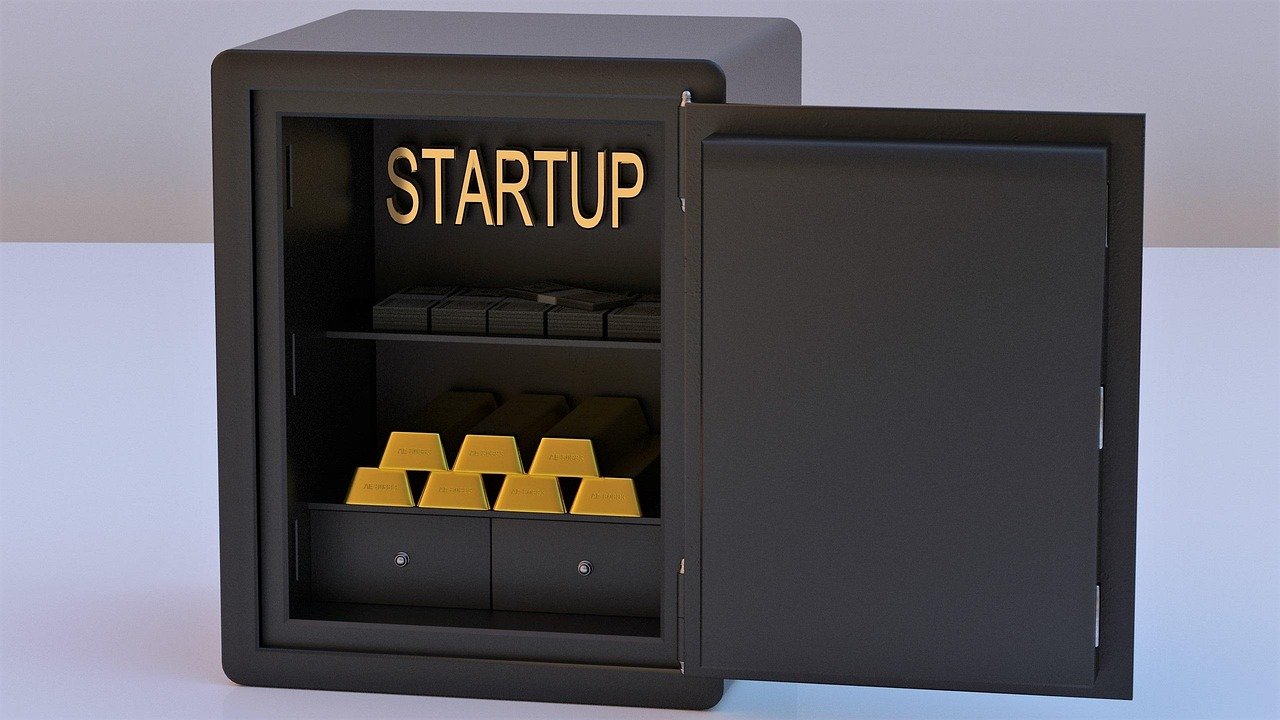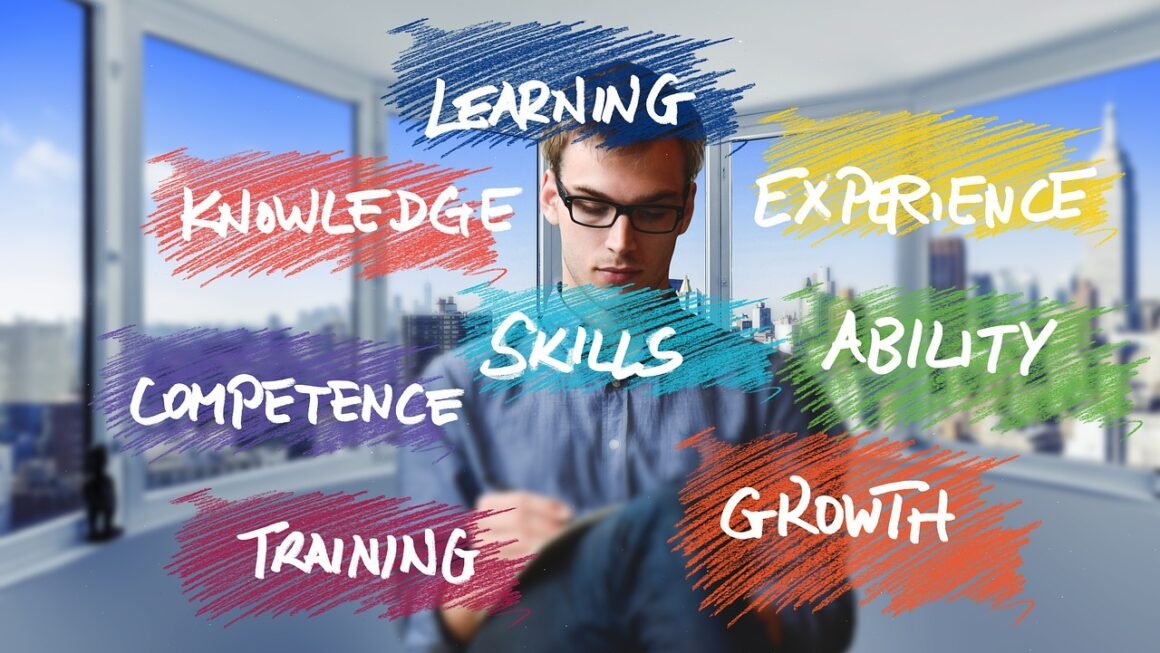The remote work revolution is here to stay, and with it comes the need for innovative tools that bridge the geographical gap. But simply having video conferencing and project management software isn’t enough. Enter smart AI remote tools – a new generation of applications leveraging artificial intelligence to enhance collaboration, boost productivity, and foster a more connected remote team. These tools are transforming the remote work landscape, empowering businesses to thrive in a distributed environment.
Enhancing Communication with AI-Powered Platforms
Effective communication is the cornerstone of any successful remote team. AI-powered platforms are revolutionizing how remote teams interact, learn, and collaborate.
AI-Driven Meeting Management
- Automated transcription: Platforms like Otter.ai and Fireflies.ai automatically transcribe meetings, providing searchable records and eliminating the need for manual note-taking. This frees up team members to focus on the discussion.
- Action item detection: AI algorithms can identify action items discussed in meetings and automatically assign them to relevant team members, ensuring accountability and follow-through.
- Sentiment analysis: Some platforms can even analyze the sentiment of the conversation, providing insights into team morale and potential conflict points. Imagine identifying if a team member sounds frustrated during a meeting, allowing a manager to reach out and address the issue promptly.
AI-Enabled Chatbots and Virtual Assistants
- Instant answers to common questions: AI-powered chatbots can handle frequently asked questions, freeing up HR and IT departments to focus on more complex tasks.
- Automated scheduling and reminders: Virtual assistants can schedule meetings, send reminders, and manage calendars, ensuring team members stay organized and on track.
- 24/7 support: AI chatbots can provide round-the-clock support, addressing urgent issues and providing immediate assistance to remote team members, regardless of their time zone. For example, a chatbot can troubleshoot common technical issues like password resets or software updates.
Boosting Productivity with Intelligent Workflows
Beyond communication, AI plays a crucial role in streamlining workflows and maximizing productivity in remote environments.
AI-Based Project Management
- Task prioritization and automation: AI algorithms can analyze project data and prioritize tasks based on urgency and importance, helping teams focus on what matters most. They can also automate repetitive tasks, such as assigning tasks based on skillsets or sending progress updates.
- Resource allocation optimization: AI can analyze resource availability and allocate tasks to the most suitable team members, maximizing efficiency and preventing bottlenecks.
- Predictive analytics for project completion: AI can analyze historical data to predict project completion times, identify potential risks, and provide proactive recommendations to keep projects on track. Consider a project management tool that flags a task as being potentially delayed based on past performance data and alerts the project manager.
AI-Powered Time Tracking and Analytics
- Automated time tracking: Tools like Timely or Toggl Track use AI to automatically track time spent on different tasks and projects, eliminating manual entry and providing accurate data for billing and project costing.
- Productivity analysis: AI can analyze time tracking data to identify patterns and insights into individual and team productivity, helping managers identify areas for improvement.
- Focus mode and distraction blocking: Some AI-powered tools can automatically block distracting websites and applications, helping team members stay focused and productive during work hours.
Fostering Collaboration and Team Cohesion
Remote work can sometimes lead to feelings of isolation and disconnect. AI can help bridge this gap by fostering collaboration and strengthening team cohesion.
AI-Driven Virtual Team Building
- Personalized icebreakers and team activities: AI can analyze team member profiles and preferences to suggest relevant icebreakers and team-building activities, promoting engagement and connection.
- Automated virtual coffee breaks: Some platforms can randomly pair team members for virtual coffee breaks, encouraging informal communication and relationship building.
- Sentiment analysis to identify and address team morale issues: AI can analyze team communication patterns to identify potential morale issues and alert managers to address them proactively. For example, a noticeable drop in positive sentiment in team chats could signal a need for intervention.
AI-Enhanced Knowledge Sharing
- Intelligent knowledge bases: AI-powered knowledge bases can automatically organize and categorize information, making it easier for team members to find the answers they need.
- AI-driven search and recommendation: AI algorithms can improve search accuracy and provide personalized recommendations for relevant documents and resources, saving team members time and effort.
- Automated knowledge capture and documentation: AI can automatically capture and document important information from meetings, discussions, and project work, ensuring that knowledge is shared and preserved within the team.
Addressing Security and Compliance with AI
In the remote work environment, security and compliance are paramount. AI offers powerful solutions to mitigate risks and ensure data protection.
AI-Powered Threat Detection
- Real-time threat detection: AI algorithms can analyze network traffic and user behavior to identify and prevent potential security threats in real-time.
- Anomaly detection: AI can identify unusual patterns of behavior that may indicate a security breach or data leak.
- Automated security incident response: AI can automate the process of responding to security incidents, reducing the risk of damage and minimizing downtime.
AI-Driven Compliance Monitoring
- Automated data privacy compliance: AI can help organizations comply with data privacy regulations like GDPR and CCPA by automatically identifying and classifying sensitive data.
- Automated audit trails: AI can generate automated audit trails of all user activity, making it easier to track compliance and identify potential risks.
- Proactive compliance alerts: AI can proactively alert organizations to potential compliance violations, allowing them to take corrective action before they become a problem.
Conclusion
AI-powered remote tools are no longer a futuristic concept; they are a present-day necessity for organizations seeking to thrive in the evolving world of work. From enhancing communication and boosting productivity to fostering collaboration and ensuring security, AI offers a wide range of benefits that can transform the remote work experience. By embracing these innovative technologies, businesses can empower their remote teams to achieve their full potential and drive success in the digital age.




